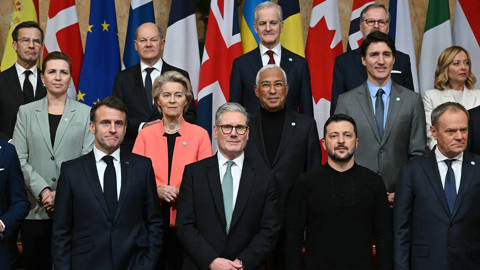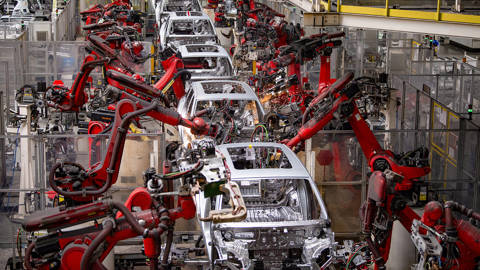Mordecai Kurz
Mordecai Kurz is Emeritus Professor of Economics at Stanford University and the author, most recently, of The Market Power of Technology: Understanding the Second Gilded Age (Columbia University Press, 2023).
-
Mordecai Kurz on market power, Big Tech, antitrust, and more

Mordecai Kurz on market power, Big Tech, antitrust, and more
Jul 23, 2024 Mordecai Kurz explains how technology firms abuse patent law to establish and preserve monopolies, criticizes the US Supreme Court’s approach to market power, sheds light on the relationship between innovation and inequality, and more.
-
How Capitalism Became a Threat to Democracy

How Capitalism Became a Threat to Democracy
Mar 15, 2024 Mordecai Kurz examines the economic policies and market dynamics that have ushered in America's Second Gilded Age.
-
Reform Antitrust and Patent Laws Now

Reform Antitrust and Patent Laws Now
Jan 24, 2024 Mordecai Kurz outlines the legal changes needed to rein in Big Tech’s market power and restore meaningful competition.
-
Market Power Is Permanent, and Technological Competition Does Not Remove It

Market Power Is Permanent, and Technological Competition Does Not Remove It
Dec 1, 2023 Mordecai Kurz shows that technological change leads not to disruption, but to deeper, more enduring forms of market power.
-
Who Cares About Big Tech’s Displaced Workers?

Who Cares About Big Tech’s Displaced Workers?
Apr 20, 2018 Mordecai Kurz explains how IT innovation is boosting corporate monopoly power and, with it, wage stagnation and inequality.








